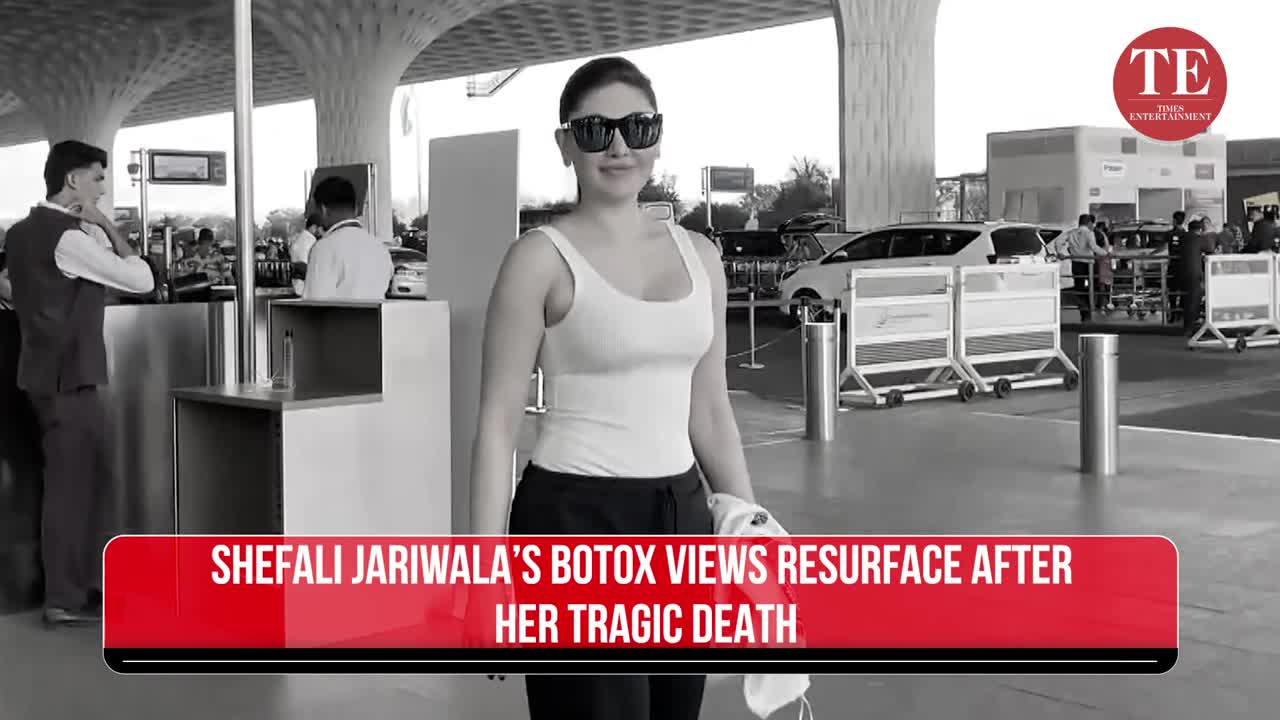Concerns Raised Over Unregulated Brazilian Butt Lifts in Public Toilets

A stark warning has been issued by officials and trading standards leaders concerning the proliferation of unregulated cosmetic procedures, such as fat injections, Brazilian butt lifts (BBLs), Botox, and fillers, being offered by untrained individuals in highly unconventional and unsanitary locations. These procedures are reportedly taking place in settings like public toilets, hotel rooms, and temporary “pop-up” shops on high streets, creating what experts describe as a “wild west” of unlicensed practitioners and treatments.
The Chartered Trading Standards Institute (CTSI) has revealed “shocking” discoveries regarding the venues for these procedures. The fact that these locations fall outside typical business premises makes it incredibly challenging for authorities to take effective action against the perpetrators. Adding to the concern, the CTSI also found that “unsafe and unregulated” fillers are readily available for purchase online, some for as little as £20. Furthermore, there are escalating worries about fat-dissolving injections, specifically mentioning products like Lemon Bottle, which currently lack significant regulatory oversight to ensure their safe application by the public.
The issue is compounded by a “postcode lottery” across the UK, where varying minimum age requirements for these procedures lead to young people crossing regional borders to obtain treatments. The CTSI has emphasized that lives are being jeopardized due to “major gaps” in the existing regulations, particularly concerning accountability for the products used and the procedures performed. Disturbingly, there is a noted absence of data from the NHS regarding the frequency with which it must manage infections and life-threatening complications arising from these unregulated cosmetic interventions.
In light of these dangers, the CTSI has strongly advised the public to rigorously verify the qualifications of anyone offering cosmetic procedures. They also urged caution regarding advertisements on social media and emphatically warned against purchasing products for self-administration at home.
Kerry Nicol, external affairs manager at the CTSI, expressed profound concern, stating, “I am genuinely shocked by the scale of potential harm facing the public due to the alarming lack of regulation in the aesthetic industry. Consumers’ lives are being put at risk every single day.” She drew a powerful analogy, suggesting that if “alarm bells would ring if someone was offering a tattoo in someone's kitchen or a public toilet at a cheap price – so those are the alarm bells we need ringing for people offering facial injections in these kinds of settings.”
Ashton Collins, director at Save Face, an organization that maintains a register of accredited practitioners, highlighted ongoing efforts to combat this problem. Since 2023, Save Face has been actively campaigning for the government to ban liquid BBLs from being offered on the high street and to restrict their administration exclusively to qualified plastic surgeons. Collins criticized the current situation, asserting that “For too long, regulations intended to safeguard patients have been inadequately policed and enforced.”
Responding to these urgent concerns, a spokesperson from the Department of Health and Social Care acknowledged the severity of the situation. They stated, “People's lives are being put at risk by inadequately trained operators in the cosmetic sector, which is why the government is looking into new regulations to protect people.” Reassuring the public, the spokesperson concluded by emphasizing, “The safety of patients is paramount and we urge anyone considering cosmetic procedures to consider the possible health impacts and find a reputable, insured and qualified practitioner.”









